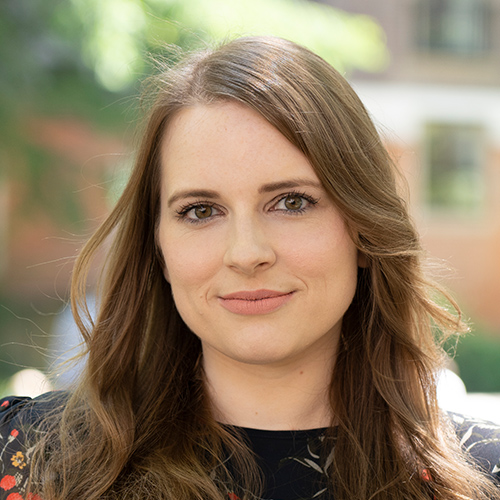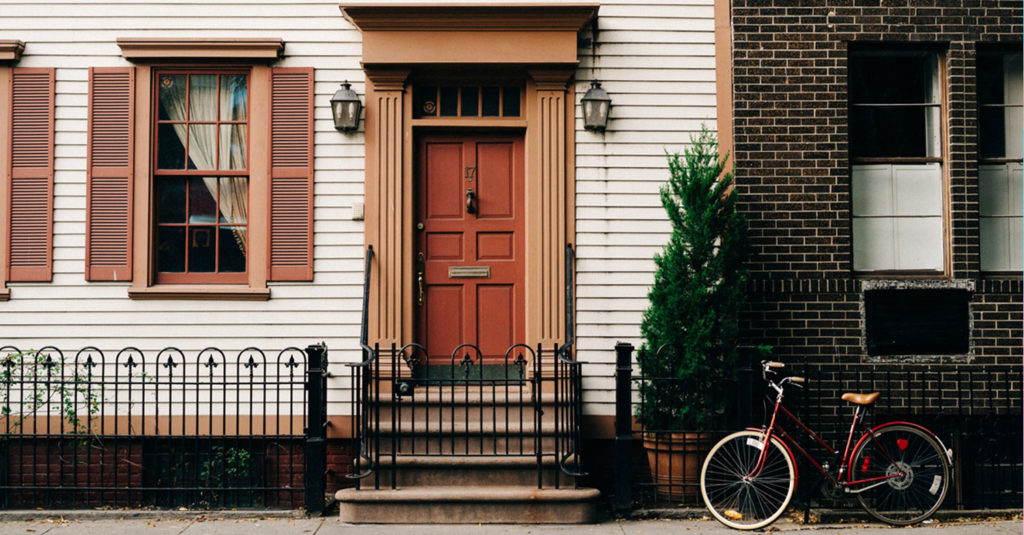I never thought I’d say this, but if you really want to understand the zeitgeist we are living in, look no further than a magazine.
It’s been a while since I felt the urge to read one, but when I recently found myself languidly looking for some inspiration, I was somewhat surprised by the content shift I observed.
Previously, magazines had been places of pure indulgent happiness: beautiful clothes to look at, excellent styling and home decor tips, interviews with non-trashy celebrities, and a whole host of new recipes to try. I basically owe it to magazines for the dramatic shift I made at university from making casseroles with wine in a can (yes that does exist and, yes, it tasted like vinegary foot juice) to rustling up genuinely edible recipes my housemates seemed less afraid of. Magazines were, essentially, happy places.
But, alas, joy is no longer to be found in such tomes. My recent foray into this strange world revealed we are currently preoccupied with an array of topics, none of which seemed, well, particularly happy:
‘How to cope with anxiety in a frantic world’
‘Why consent is so much more than just saying yes’
‘How I learnt to love my stretch marks’
‘Why practicing self-care is essential for my OCD’
‘How to be more of a bitch at work’
’How to spot a narcissist’
If this is any reflection of the society we’re living in, then the outlook isn’t great.
There is the possibility that the content I devoured in my youthful prime wasn’t really reflective of reality: mental health was still taboo and we were pretending stretch marks didn’t exist. Greater honesty, and being willing to dive head first into the difficult topics of life, is a good thing; it’s great we are stepping up and talking about what matters.
However, the overall impression I’m getting is deeply depressing. Was life really always this crap, or has our culture somehow become joyless?
I can’t demonstrate categorically that this is the case, but I think some of the data backs up what I perceive subjectively. For example, the 2019 World Happiness Report found that negative feelings are on the increase: ‘Negative feelings—worry, sadness, and anger—have been rising around the world, up by 27 percent from 2010 to 2018.’
Interestingly, this doesn’t correlate with poverty or having basic needs fulfilled: unhappiness is particularly prevalent in the richest country in the world. The report’s findings paint an ugly picture of American happiness: ‘Research suggests that American adults have been getting less happy since 2000, while adolescents have been experiencing more depression, suicidal ideation, and self-harm since 2010.’
The researchers can’t find an explanation for this finding. They suggest it might be ‘income inequality’ or greater ‘political polarisation’. They discuss America’s problem with addictions — screens, alcohol, work, sex, drugs, exercise. Over on the shores of Ol’ Blighty, the same arguments could be made: austerity, political tribalism over Brexit, addictions and lack of community cohesion.
Many of us have had to reckon with our general unhappiness these past few months. If COVID-19 has taught us anything, it’s that when we are faced with the cold, hard reality of our lives, with none of the usual activities, entertainments or diversions, we find them hollow and unsatisfying. That’s why so many of us tuned into church services during the lockdown, and sought to find some kind of meaning in our enforced self-reckoning. I think this indicates that many of us began to realise there was something missing.
But even before Coronavirus hit, it seemed to me that tremors of this collective realisation were afoot. We began to recognise that our society was screwed: that something had gone terribly wrong and we were all suffering the consequences for it. We just didn’t know what, or what to do about it. Some of us sought solace in more radical political agendas, some of us threw ourselves at the mercy of the health and wellness industry, and the rest of us just tried to stick our heads in the sand and keep the entertainment and pleasure loop on constant replay.
The magazines recognise the problem, but their solutions are, frankly, utter crap. I don’t know about you, but I’m tired of all the pointless activities I’m told to follow in order to bring joy back into my life. If I tried to practice any more ‘self-care’ I’d probably asphyxiate from the amount of lavender oil I’m rubbing on my face. I’m tired of being told to just ‘appreciate the small things each morning’ when the only thing I’m appreciative of is the fact that my astronomically large cup of coffee is about to give me some semblance of lucidity after a bad night’s sleep. Likewise, ‘try surrounding yourself with positive people’ is only possible for people whose main relationship is with their dog: if it hasn’t escaped your notice, people overwhelmingly aren’t positive.
Might I suggest that the reason our society is so darn joyless these days is perhaps because we have lost a sense of tethering to what exactly can give our lives meaning and joy? There is an innate need in us to have our longing for joy fulfilled, but we just don’t know what the solution is. The beautiful clothes and perfect decor of the magazines of my student days didn’t help. Lockdown has finally exposed the claim of expressive individualism and secular postmodernism: that the answer can only be found in ourselves. The many solutions we have tried have done a lot more damage than we realise. They have left us deeply unhappy, and now is the ideal time for a reckoning.
I think Christianity offers a unique response to this search in our hearts. It claims that there is only one source of joy, and that it can only be found outside of ourselves — the very opposite of the me-centrered attempts our navel-gazing, individualistic culture makes to define our own truth and path to happiness.
I recognise the audacity of this claim, but isn’t it more audacious to ignore the most basic desire you have for joy and instead place your hope in an ideal morning routine, or political progress, or greater success at work, all in the vain hope that you will finally crack this mystery known as ‘fulfilment’ by yourself?
Our secular culture doesn’t offer us solutions to our joylessness: it causes it. But the centre of the Christian faith — Jesus Christ — meets us perfectly in the longings of our hearts. Want freedom? He’s come to set us free and utterly transform every part of us. Want justice? He’s promised us that everything will be put right again in our world, and no injustice will be missed. Want happiness? He promised us everlasting joy, when we give our lives to the very source of that happiness.
I think it’s time we stopped looking to meaningless platitudes and solutions to fix us. We know there’s a problem, and it’s time to accept we haven’t come up with the right plug to fill the hole. Perhaps it’s time to kiss goodbye to the hopeless, meaningless, joyless ideology that has swept through the Western world and destroyed our society over the past few hundred years. Let us stop playing with temporary fixes and immature methods, and perhaps consider letting into our lives a joy that lasts forever.





